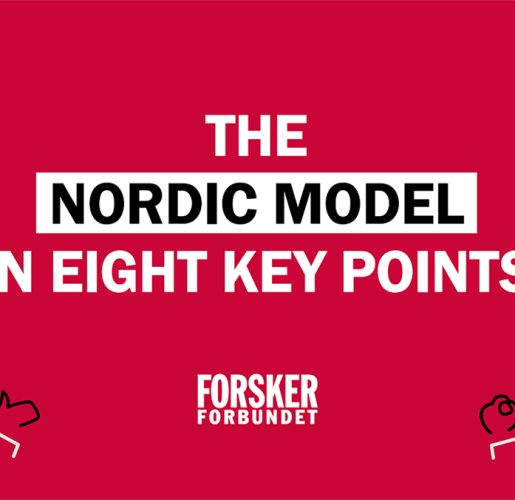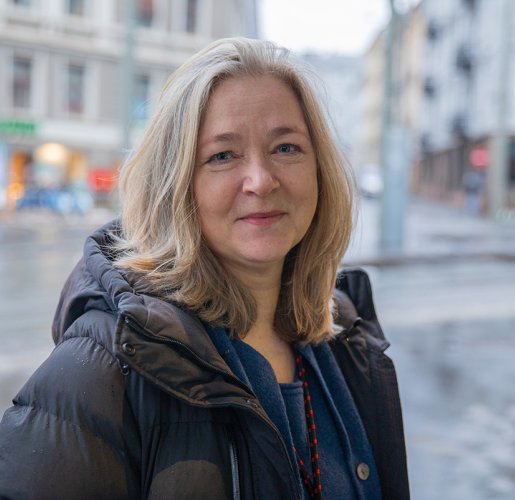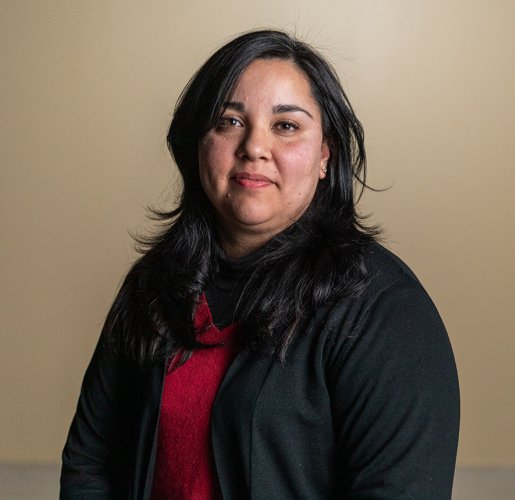Working in Norway

Read more about Forskerforbundet, the Nordic Model and the role of trade unions in Norway. Also, meet some of our international members.


Read more about Forskerforbundet, the Nordic Model and the role of trade unions in Norway. Also, meet some of our international members.

In Norway, 80 % of employees in the state and municipal sector (and 50 % of the total workforce) are members of a trade union. At state owned higher education and research institutions, around 80 % of the staff is organised.
Norwegian trade unions play a significant role in the system of collective bargaining, in salary negotiations, and in defending employees’ rights. The trade unions negotiate for individual salary increases for their members in the local salary negotiations at each workplace.
The Nordic model explains how we have organised our society in the Nordic countries. In this video, we explain the model in eight key points. Norway has a unique labour market. It is efficient, productive, and adaptable; largely because of union representatives, says special adviser Kari Folkenborg in Forskerforbundet.
The Nordic Model

– Union representatives keep the Norwegian labour market together
Read more about why Viviana, Augustin, Sven and Wrenn chose to join Forskerforbundet:
Viviana Daza Ramos from Colombia is a PhD candidate in education. Having the support of a union gives Viviana peace of mind – and helps to fuel her passion. It took a while before Augustin Mortier decided to become a member of Forskerforbundet, but the French meteorologist has no regrets that he did. German archaeologist Sven Ahrens compares union membership to fire insurance. "You don't think your house will burn down, but if it does, you're covered." The benefits of being a member of Forskerforbundet are both collective and individual, according to NUPI researcher Wrenn Yennie Lindgren from USA.
"Support is vital in a foreign culture"

"Joining Forskerforbundet helped me get a raise"

"I feel safe knowing that the union is on my side"

“Learning by representing is quite the experience”